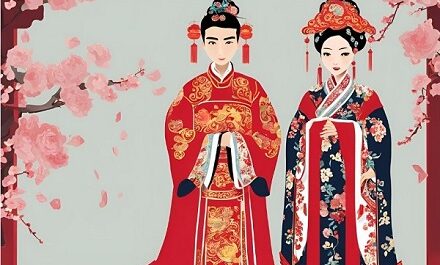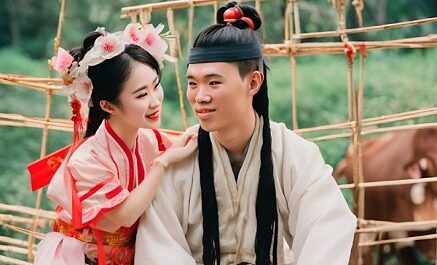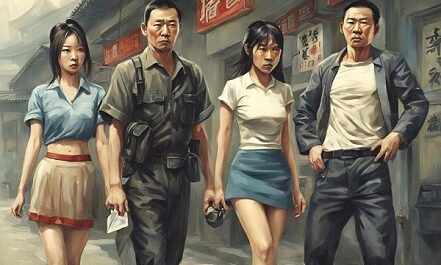Learn Chinese Idiom with Pinyin and English
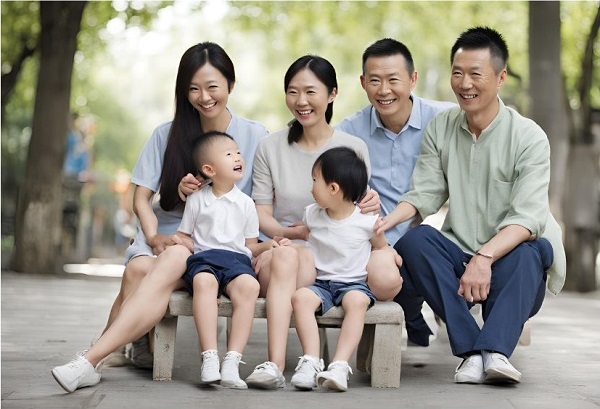
- Idiom in Chinese-男女老少。
- Pinyin of Idiom– nán nǚ lǎo shào.
- Idiom’s Meaning in English– This idiom refers to people of all ages and genders, encompassing men, women, old, and young. It’s often used to describe a group that includes a wide range of people.
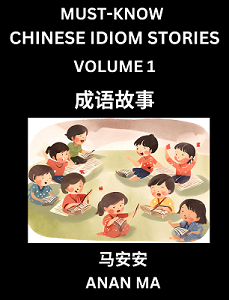
Chinese Idiom Stories Books (HSK All Levels):
- Books to Learn Chinese Idiom Stories (Part 1)
- Books to Learn Chinese Idiom Stories (Part 2)
- Books to Learn Chinese Idiom Stories (Part 3)
Learn Chinese Idiom Story in English (成语故事的英文)
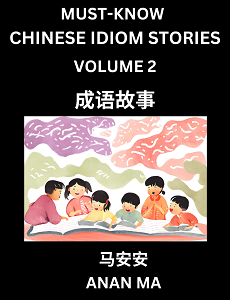
In a small town, there was a passionate community organizer named Xiao Li. He planned to organize a community event aimed at enhancing relationships among neighbors. To ensure the event would appeal to people of all ages, Xiao Li specially designed a series of diverse activities, including games for children, dance and music preferred by the elderly, and competitive events that would interest young people. On the day of the event, men, women, old, and young all participated actively, creating a lively atmosphere. Through this event, not only were community connections strengthened, but everyone also felt the warmth and unity of the community.
Learn Idiom Story in Chinese (成语故事)
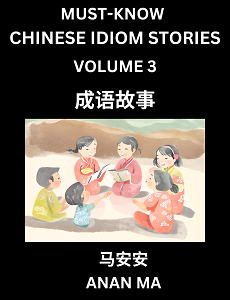
在一个小镇上,有一个热心的社区组织者小李。他计划组织一个社区活动,目的是增进邻里之间的关系。为了确保活动能够吸引各个年龄段的人,小李特意设计了一系列多样化的活动,既有适合孩子的游戏,也有老年人喜欢的舞蹈和音乐,还有年轻人感兴趣的竞技项目。活动当天,男女老少都积极参与,现场气氛非常热烈。通过这次活动,不仅加强了社区居民之间的联系,也让大家感受到了社区的温暖和团结。
Learn Keywords with English, Simplified Chinese Characters, and Pinyin (关键词)
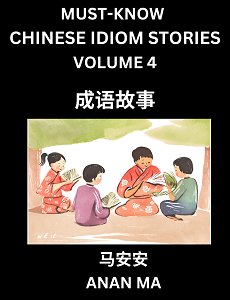
- 社区 (shè qū): community
- 组织者 (zǔ zhī zhě): organizer
- 活动 (huó dòng): activity
- 邻里 (lín lǐ): neighborhood
- 年龄段 (nián líng duàn): age group
- 气氛 (qì fēn): atmosphere
Pinyin of Idiom Story (故事的拼音)
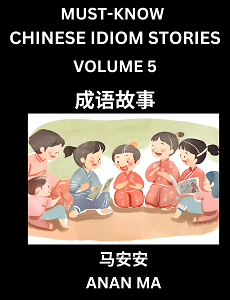
Zài yīgè xiǎo zhèn shàng, yǒu yīgè rèxīn de shèqū zǔzhī zhě xiǎo lǐ. Tā jìhuà zǔzhī yīgè shèqū huódòng, mùdì shì zēngjìn línlǐ zhī jiān de guānxì. Wèile quèbǎo huódòng nénggòu xīyǐn gège niánlíng duàn de rén, xiǎo lǐ tèyì shèjìle yī xìliè duōyàng huà de huódòng, jì yǒu shìhé háizi de yóuxì, yěyǒu lǎonián rén xǐhuān de wǔdǎo hé yīnyuè, hái yǒu niánqīng rén gǎn xìngqù de jìngjì xiàngmù. Huódòng dàngtiān, nánnǚ lǎoshào dōu jījí cānyù, xiànchǎng qìfēn fēicháng rèliè. Tōngguò zhè cì huódòng, bùjǐn jiāqiángle shèqū jūmín zhī jiān de liánxì, yě ràng dàjiā gǎnshòu dàole shèqū de wēnnuǎn huo tuánjié.

